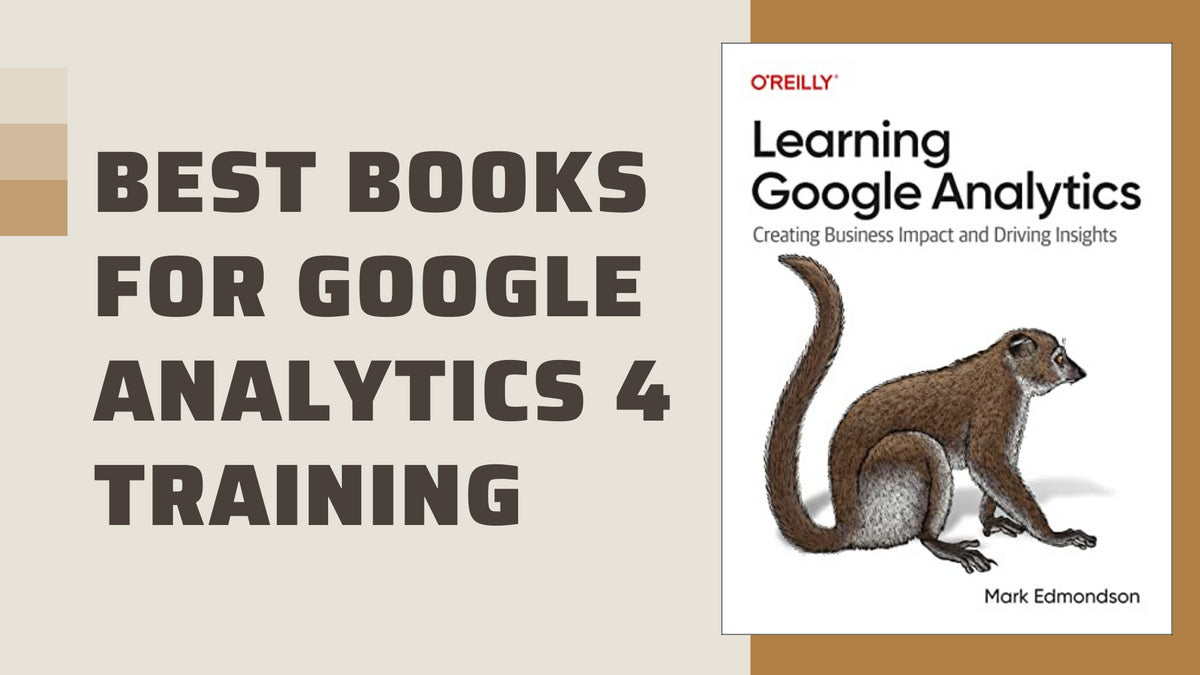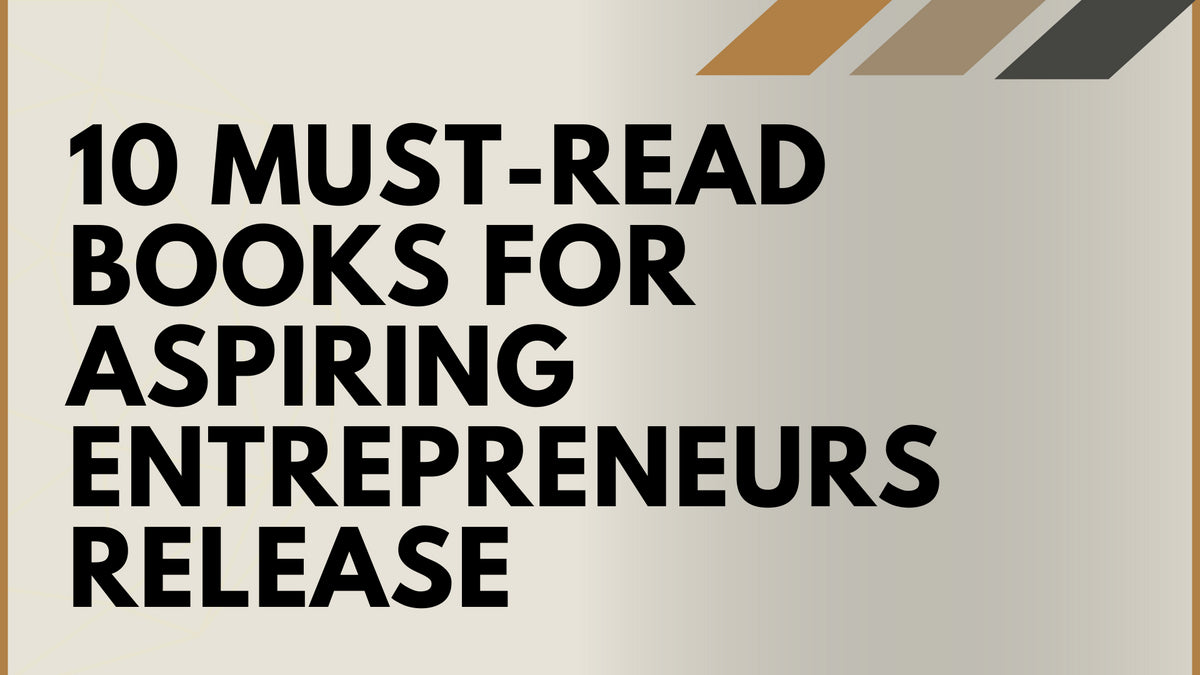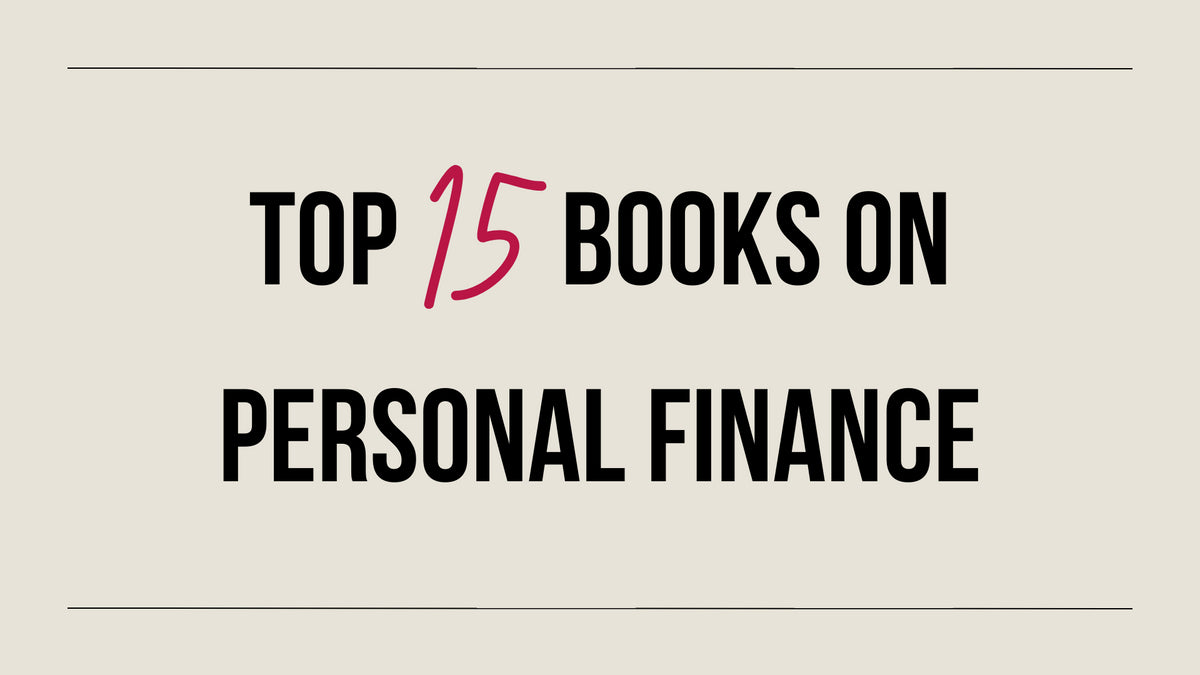Your Cart is Empty
Range Book Summary: Generalist vs Specialist
Listen To This Article
Why Generalists Are Better Than Specialists
In an evolving world, choosing one’s vocational path early while pursuing a specialized expertise has become increasingly passé. Instead, start later, dabble freely and learn to make connections and recognize patterns whenever possible—in other words, cultivate range.
Learn About Being A Generalist?
- A narrow focus can hinder you—not help.
- Expertise can emerge from experimentation as much as specialization.
- Don’t fear difficult lessons: learn slowly, and it will stick.
- Wide experiences and interests incubate innovation.
- Predictions are often made by specialists who can’t see the forest for the trees—and are wrong more often than you think.
- Becoming a generalist will require you to rethink your ideas regarding knowledge and achievement.

Featured In This Review
Range
$13.99
Why it is better to be engaged in many different interests than it is to be focused on one thing. Why? This book explains the reasons and how to leverage your interests to your advantage.
SHOP NOWRange Book Summary
The books GRIT and Outliers bring to mind images of grim-faced determination and hours upon hours of practice. While representing one avenue to success, it is by no means the only one.
In an increasingly complicated world, we are being asked to do more, and with greater flexibility than ever before. Enter David Epstein. In Range: Why Generalists Triumph in a Specialized World, Epstein offers a contrary view. Drawing on an array of research and examples ranging from sports to science, to chess and fire-fighting.
Epstein argues that while narrowing one’s expertise remains relevant to some specialized fields, in most endeavors, generalists persevere. Thus, this book will interest both business magnates and school teachers. Epstein’s advocacy of flexibility, creativity, and knowledge transfer might be called the “anti-grit” approach—in other words, “range.” This is a unique perspective and another book to read after this one is Ready Fire Aim.

Epstein commences with a comparison of the careers of Tiger Woods and Roger Federer, the two giants of golf and tennis. This neatly sets up a major theme found throughout the book: while the “cult of the head start” and focused training have their merits, as in the case of Woods, one can not only succeed but flourish by experimenting with different approaches—and even by starting later in life, as in the example of Federer.
Indeed, our environment itself may call the tune. Early in the book, Epstein draws a distinction between the two types of situations that one might find themselves in. In a “kind” working environment, intense and early practice pays dividends. A great book on building this environment is Quiet Leadership.
In these fields, which tend to reward narrow focus and a mastery of a specific body of knowledge or best practices, the grit approach endures. In fact, we tend to lionize the athletes, musicians, and scientists which are its products as prodigies, overlooking the unseen hours of research or practice that make their achievements a reality.
Want to buy a book review like this?
Click here to learn how to get your book reviewed!
Yet, as Epstein points out, many do not live or work in a kind world. Borrowing a term from the social sciences, Epstein points out that most live in a “wicked” environment—one with ever-changing rules and expectations. Here, those possessing range—the result of following numerous passions and interests—will build a larger, broader set of skills that will enable them to deal with the unforeseen. This is especially true for entrepreneurs as mentioned in the book The Entrepreneur Roller Coaster.

One example will suffice from the many Epstein draws upon. Chess by definition has long been a pastime fashioned by a kind environment; its rules do not change and pattern recognition is highly prized. But what happens when you introduce computers into the mix?
Grand master chess player Garry Kasparov faced this dilemma when playing against computer program Big Blue in 1997. Kasparov lost, but to his credit, he thought outside of the box. Kasparov envisioned a way to defeat an AI that could access instantly millions of potential chess moves.
He realized that creativity could outflank such a foe, and the “freestyle chess” movement—in which players team-up with computers to employ the strengths of both—was born. Such teamwork and leveraging unique creative vs analytical minds is discussed in great detail in the books Loonshots and Traction.
However, note the larger lesson: Kasparov intuited that the game no longer operated solely in a kind environment. The introduction of AI transformed even the staid world of chess into a wicked environment.
Epstein presents many examples in which possessing range leads to greater success in work and general happiness in life. One might think, for example, that the most successful comic book artists are those who draw the same title repeatedly. According to a study of thousands of comic books, the most financially and creatively successful tended to be drawn by generalists—that is, artists who had drawn everything from superhero comics to romances. A great book to read about trying new things is Poke The Box by Seth Godin.

Working from a wider palette of experience, these artists created more memorable and daring work (although not mentioned by Epstein, the career of legendary penciler Jack Kirby bears this observation out).
As mentioned, Epstein here addresses a general audience, and not just a business-oriented one. Those readers might be more interested in the book’s last two chapters, which feature an array of examples taken from case studies that will be familiar to anyone in an MBA program.
Otherwise, readers will enjoy Epstein’s accessible prose style. The only caveat is that with so many studies, anecdotes, and stories presented, at times Range is a challenge to digest. Pace yourself. Absorb its ideas one example at a time, and consider how you might implement them. After all, finding range requires developing the ability to take lessons as you find them.
About The Author David Epstein
David Epstein is a journalist and currently an investigative reporter for ProPublica. Formerly a senior writer for Sports Illustrated, in 2013 he published his first book, the New York Times bestseller The Sports Gene, which explored the links between athletes, training, and genetics. Epstein has stated that researching how athletes succeed led him to greater questions with regards to success itself. This became the germ of an idea that eventually led to the 2019 publication of Range.Epstein’s 2014 TED talk “Are Athletes Really Getting Faster, Better, Stronger? has received over 8 million views to date, a link to which was tweeted out by Bill Gates.
Epstein earned master's degrees in environmental science and journalism from Columbia University. In 2003, Epstein broke the story that baseball player Alex Rodriquez tested positive for steroid. Epstein is also no stranger to the academic world, having a co-authored a research article published in the journal of Arctic, Antarctic, and Alpine Research in February 2013.
Want to buy a book review like this?
Click here to learn how to get your book reviewed!
Leave a comment
Comments will be approved before showing up.
Also in Books

The Best Books for Google Analytics 4 (GA4) Training
Unlock the secrets of Google Analytics 4 with our curated list of the best GA4 training books for 2023! Dive deep into actionable insights, master advanced techniques, and lead the digital analytics revolution. Don't get left behind; discover the ultimate resources to dominate GA4. Click now to elevate your skills!
Read More
10 Must-Read Books for Aspiring Entrepreneurs
Do you dream of starting your own business? If so, you need to read this article! We've compiled a list of 10 must-read books for aspiring entrepreneurs. These books will provide you with the knowledge and inspiration you need to turn your dream into a reality. Click here to read the article and learn more!
Read More
Top 15 Books on Personal Finance
Are you looking for a safe and informative place to learn about personal finance? If so, you've come to the right place! This article discusses the top 15 personal finance books on the market, all of which are sure to help you improve your financial situation without any explicit sexual descriptions or that is sexually suggestive in nature or is primarily intended to cause arousal.
Read More